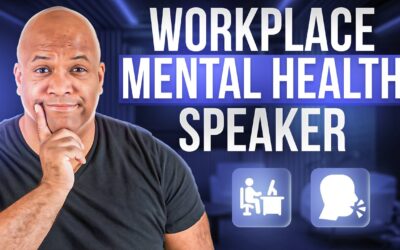
Employee health and well-being are viewed as more important now than at any point in recent memory. The physical and mental health effects of a stressful job, poor company culture, or overworking are being recognized and tackled by many employers. After all, a happy and healthy workforce is a more productive one.
Yet we also live in a society that is constantly connected and places high importance on always being busy, always being seen to be doing things. Don’t underestimate what prolonged stress can do to someone. So how do you find a balance between a busy workforce and one that is overworked?
Scope creep in small businesses
In small or under-resourced businesses, it has become quite common for job roles to become blurred as more responsibilities are heaped onto one person. For example, someone could come into your business as a marketing professional, which is a stressful job in itself. Then over time, they are also asked to take over all internal communications, charity events, admin tasks for the sales team, and answering phones as you don’t have a receptionist. All of these tasks start pulling them away from their core role. Eventually, their performance will suffer and their health will also begin to be affected too. They will likely start looking for another job.
Review your team responsibilities and hire additional people to deal with the extra tasks. For example, if you have people answering phones all day who should be doing something else, then invest in an answering service or find a reception desk for sale and hire your own in order to increase efficiency.
How to spot if you’re overworking your employees
Stress in the workplace leads to illness, mental health problems, poor performance, and high employee turnover. Since there is still a stigma attached to admitting this, you may not realize it an employee may not come to you for fear of being judged or losing their job.
- Increased sick days
- Increased employee turnover
- Working longer hours as standard (not just occasionally to get a project over the line)
- Becoming withdrawn in the workplace
- Emotional
- Poor performance
What can you do?
As an employer, you have a duty of care to protect your employees from being overworked and stressed. Depending on the size of the company you have, you’ll have different resources at your disposal. Create an employee feedback system that lets your workforce tell you exactly how they are feeling. If you make this anonymous, then you may be more likely to uncover any issues.
Give employees access to mental health first aiders or external health support. Model all behavior from the top down. There’s no point in telling people that they don’t have to work long hours when they see the owner or leadership team doing it.
Strive to create a company culture that makes people feel safe in raising issues without fear of repercussions.
Takeaways
It is important that you learn to recognize the signs of overworking. Whether it’s an isolated occurrence or indicative of a wider problem within your company, you need to get to the root of the problem so you can make changes.



